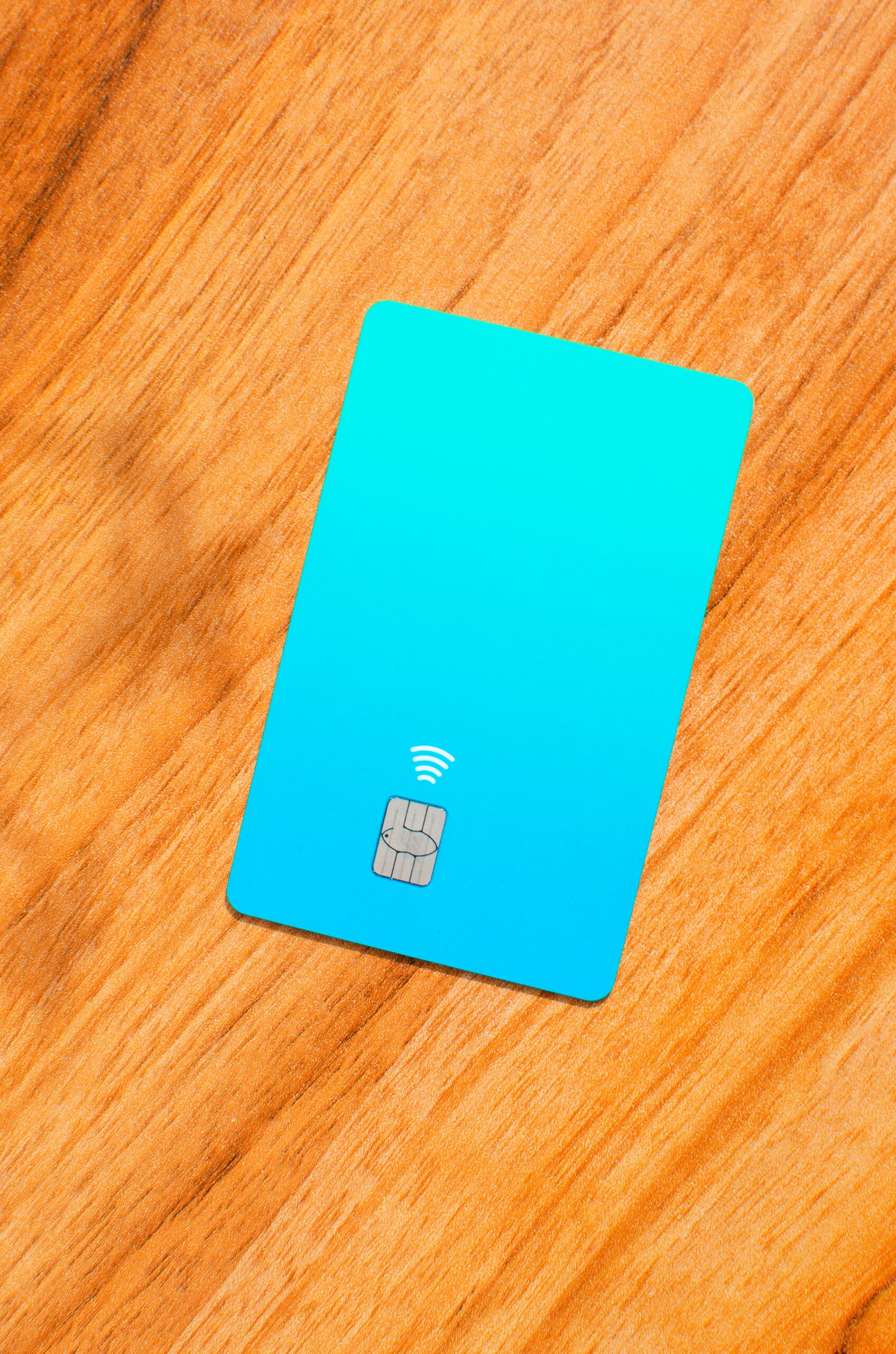In today’s fast-paced world, plastic money has become an integral part of our financial landscape.
When discussing the use of plastic cards for electronic transactions, such as debit or credit cards, the term “plastic money” may be used.
Plastic money refers to both credit and debit cards.
- Consumers can conduct purchases using this method of payment without having to use cash.
Plastic money is convenient and adaptable. Advancements in Technology allowed for the creation of plastic money.
Credit and debit cards offer convenience, security, and flexibility in managing our finances.
- However, the potential for mismanagement and debt accumulation looms if not handled responsibly.
In this guide, we’ll delve into the differences between credit and debit cards and provide essential tips on how to use them wisely.
Understanding Difference Between Plastic Money: Credit Cards vs. Debit Cards
In today’s modern financial landscape, the terms “credit card” and “debit card” are commonly used, often interchangeably.
- However, these two types of plastic money serve distinct purposes and come with unique features.
Let’s explore the key differences between credit cards and debit cards to help you make informed decisions about how to use them effectively.
Credit Cards: The Power to Borrow
Credit cards empower you with the ability to make purchases on credit.
- Essentially, you’re borrowing money from the issuing bank, which you agree to pay back later.
This borrowed amount is your credit limit, and each transaction adds to your outstanding balance.
- Interest is applied to the remaining balance if not paid in full by the due date.
Debit Cards: Spending Your Own Money
A debit card, on the other hand, debit cards are directly linked to your bank account.
- When you use a debit card, you’re spending the money you have in your account.
There’s no borrowing involved, and you can’t spend beyond what’s available in your account.
- Think of a debit card as a tool for accessing the funds you already have.

What’s the Benefit Is In Using Plastic Money for You?
The Benefits of Credit Cards
Credit cards offer numerous advantages when used responsibly:
- Build Credit History: Responsible credit card usage contributes to a positive credit history, which is crucial for obtaining loans or mortgages.
- Rewards and Perks: Many credit cards offer cashback, rewards points, or travel benefits, turning your spending into potential savings or experiences.
- Emergency Funds: Credit cards can serve as a financial safety net during emergencies when you need to cover unexpected expenses.
- Fraud Protection: Credit cards usually offer robust fraud protection(powered by Machine Learning), ensuring that unauthorized transactions won’t leave you financially liable.
The Advantages of Debit Cards
Debit cards also come with their own set of benefits:
- Spending Control: Since debit cards are linked to your funds, they naturally promote responsible spending within your financial means.
- No Debt Accumulation: With a debit card, there’s no chance of accumulating debt, as you’re limited to spending what you have in your account.
- ATM Access: Debit cards grant you easy access to ATMs, allowing you to withdraw cash when needed without carrying large sums.

Using Credit and Debit Cards Wisely
To harness the power of credit and debit cards while avoiding common pitfalls, consider these strategies:
- Budgeting and Tracking: Regardless of the card you use, maintaining a budget is key. Track your expenses to understand where your money is going and make adjustments as needed.
- Responsible Credit Card Use: If you choose to use credit cards, pay off your balance in full each month to avoid interest charges. Only use credit for purchases you can afford to pay back promptly.
- Emergency Fund: Relying on credit cards for emergencies can lead to debt. Aim to build an emergency fund equal to three to six months’ worth of living expenses.
- Credit Utilization: If you’re using credit cards, keep your credit utilization ratio (credit used divided by credit limit) below 30%. This demonstrates responsible credit management.
- Regular Statements Check: Regularly review your card statements for any discrepancies or unauthorized charges. Promptly report any issues to your bank.
- Security Measures: Protect your cards’ security details and PINs. Use strong, unique PINs and never share them with anyone.
- Online Shopping Caution: When shopping online, use secure websites with encryption. Be cautious with sharing your card details, especially on unfamiliar or suspicious sites.

Would You Then Use Plastic Money?
Credit and debit cards are powerful financial tools that can make managing money more convenient and secure.
- When used wisely, they can help you build credit, earn rewards, and effectively manage your finances.
When You Use It Irresponsibley or Impulsively, Then It’s Gonna Complicate Your Life.
Remember, the key lies in responsible usage, regular monitoring, and understanding your financial limits.
By mastering the art of managing plastic money, you become a better warrior in navigating the complex landscape of modern finance.









One response to “Do You Know Your Plastic Money? – A Quick Guide!”
[…] Personal finance also includes planning for retirement and managing debts. […]